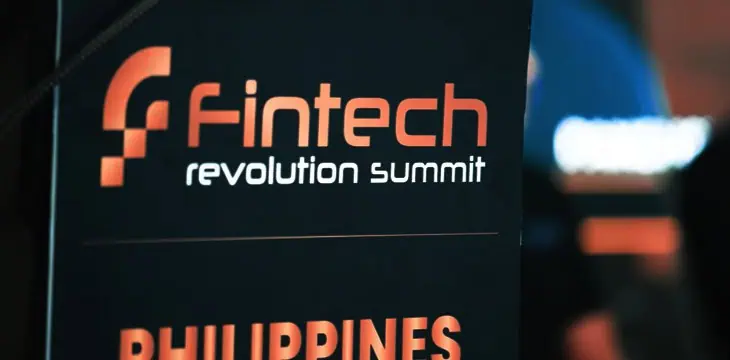|
Getting your Trinity Audio player ready...
|
Verification of data, quantification of social and economic impact through the use of tokens, micropayments, transparency and accountability—these are just a few of the benefits gained with the use of blockchain technology in Islamic impact financing. At the recently held Islamic Fintech Week, Ella Qiang hosted a fireside chat that looked at the integration of blockchain in the Islamic fintech industry.
Qiang, the Southeast Asia manager for Bitcoin Association, hosted a panel discussion featuring Dr. Nida Khan, the CTO at blockchain-based Halal food marketplace One Agrix and Farhang Maghdeed, the founder and CEO at Dubai-based Fluxysis.
Blockchain can solve a lot of the challenges facing Islamic impact financing, Dr. Khan told Qiang. Its immutability preserves data integrity which is crucial in the financial industry. It also allows the users to verify the source of the data as well as quantify the impact of the investment through impact tokens. Public blockchains further provide transparency and accountability.
“Blockchain can be used to create blockchain-based wallets, and because you know that micropayments are feasible, you can come up with very innovative business models that can help in financial inclusion and poverty alleviation,” she said.
Indeed, the rise of micropayments has overhauled outdated internet business models, bringing about new innovative models that are cost-effective and more efficient. These micropayments, which are only feasible on Bitcoin SV because of the very low transaction fees, allow users to interact with applications on a per-use basis.
Blockchain integration in the green sukuk sector has also seen rapid growth in recent years, Maghdeed said. Green sukuk are Sharia-compliant financial instruments used for financing environmentally sustainable initiatives. The use of smart contracts defines the participants and the ownership of every single asset, making the issuance of green sukuks efficient, transparent and cost-effective.
Qiang delved into why a public blockchain is superior to a private one, debunking the myth that private blockchains are more suited to enterprise use to preserve user privacy.
“UTXO-based blockchains like Bitcoin are pseudonymous by nature. The transactions are public but the identity is private. It is also possible to safeguard privacy through simple techniques. […] Imagine a world where we have several different blockchains. In a sense, it’s a replica of the current world where data is stored in silos.”
On why Bitcoin SV is the only blockchain for enterprise use, she stated, “Most of the public blockchains are having scaling issues. With Bitcoin SV, we take scalability as the number one priority. You need to have a very stable and scalable blockchain which companies will feel comfortable building on.”

 08-23-2025
08-23-2025 





